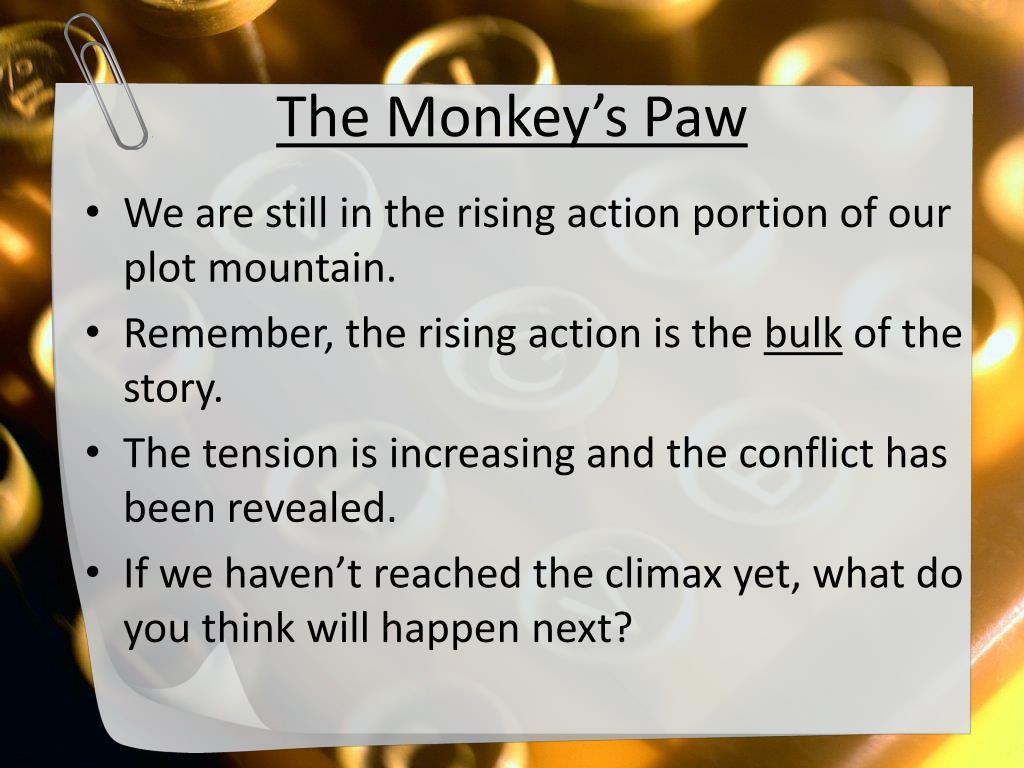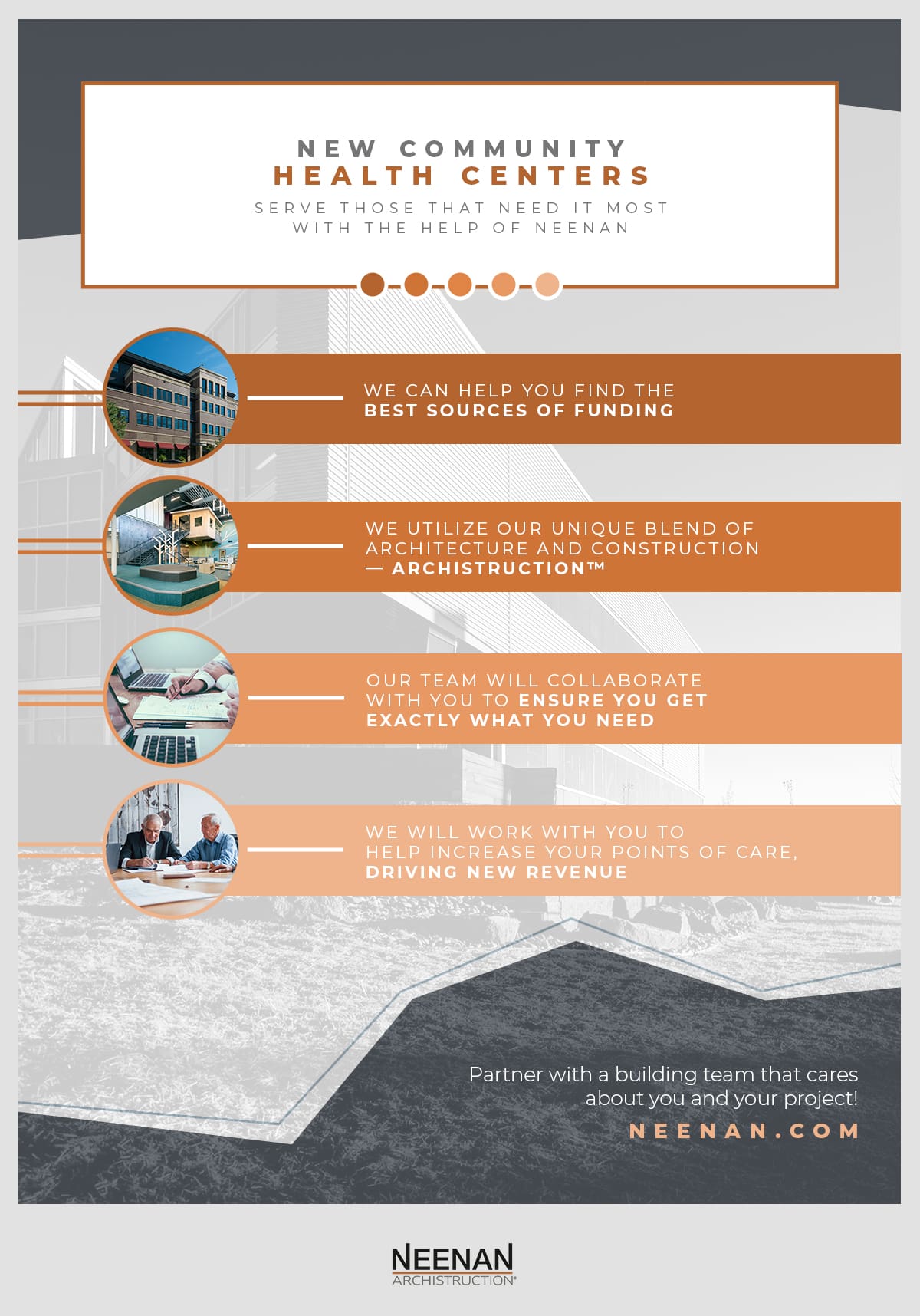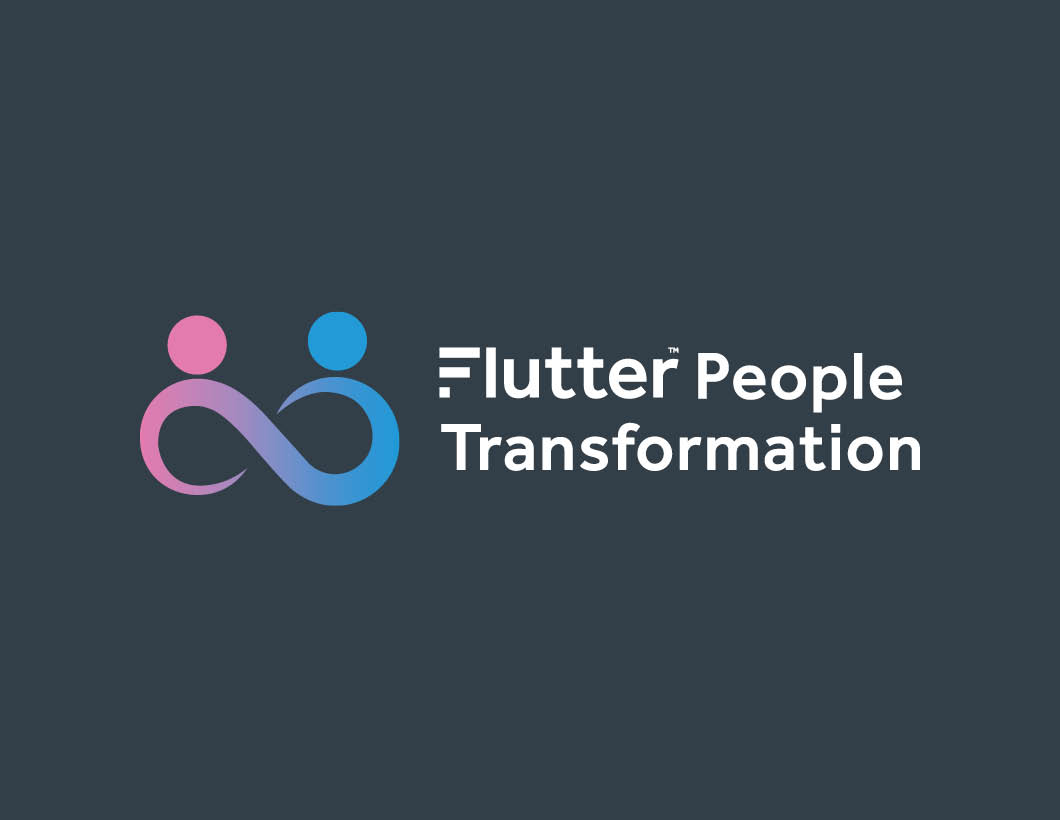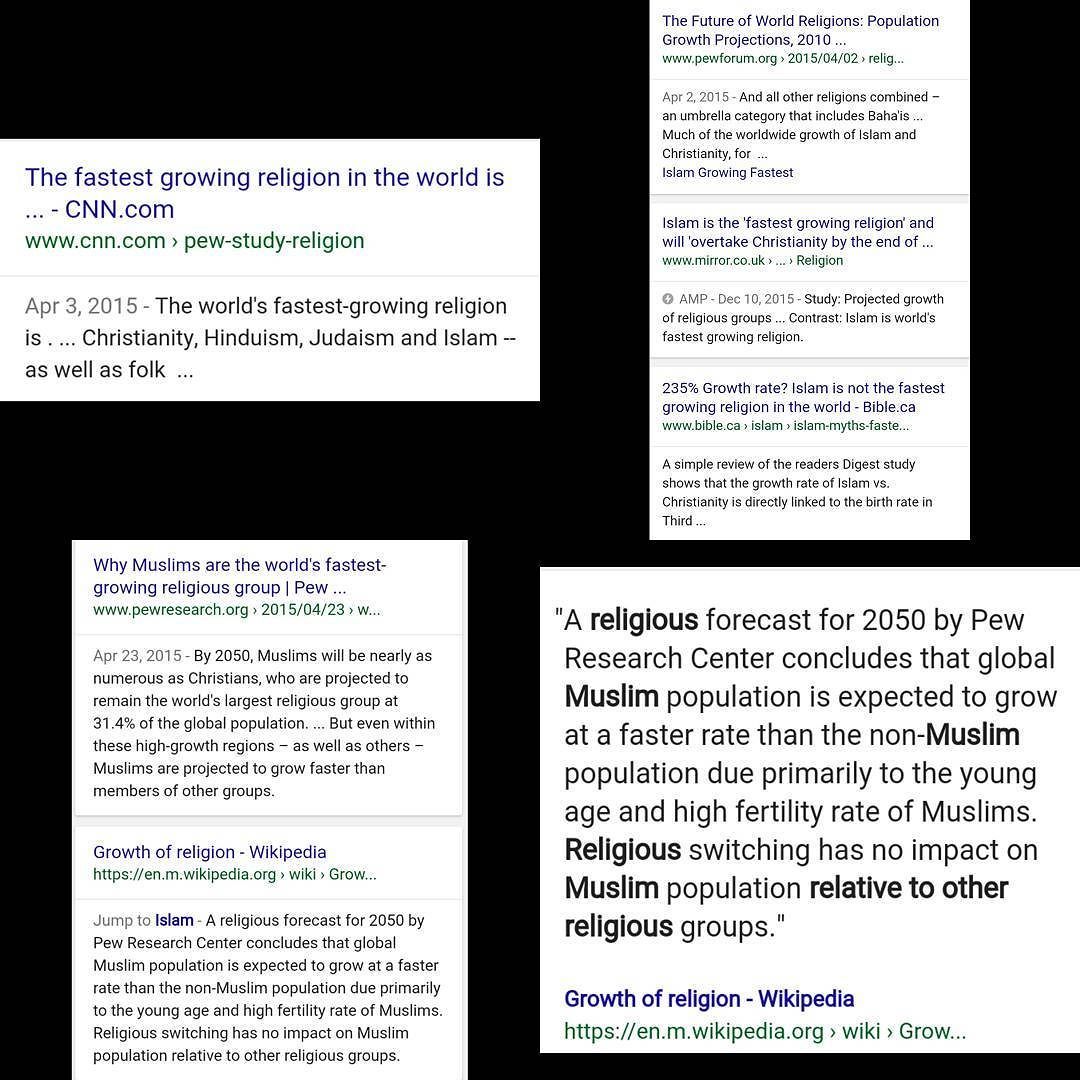Why Your Personality Traits Matter When Designing Your Lifestyle Roadmap
Introduction: The Intersection of Personality and Lifestyle Planning
Designing a lifestyle roadmap is more than just setting goals-it’s about creating a sustainable path that aligns with your core identity. Personality traits play a pivotal role in how you approach, adapt, and persist in lifestyle changes. The latest research shows that traits such as conscientiousness, extraversion, and emotional stability can either facilitate or hinder your ability to maintain healthy habits, achieve personal objectives, and navigate everyday challenges [1] . Ignoring these aspects may lead to frustration, burnout, or the abandonment of your roadmap.
Understanding Personality Traits: The Foundation of Effective Planning
Most psychological research categorizes personality into the Big Five traits: conscientiousness, extraversion, neuroticism, openness, and agreeableness [2] . Each trait influences your preferences, motivation style, and response to setbacks:
- Conscientiousness : Organized, disciplined, and goal-oriented. These individuals excel at planning, tracking progress, and persisting through challenges.
- Extraversion : Draw energy from social interaction, thrive in group activities, and may find motivation in collaborative environments.
- Neuroticism : Sensitive to stress and setbacks, may need extra support to maintain motivation and avoid unhealthy coping strategies.
- Openness : Curious, imaginative, and willing to try new approaches-ideal for exploring diverse lifestyle options.
- Agreeableness : Cooperative and empathetic, likely to seek harmony and support from others.
Recognizing your dominant traits helps you create a lifestyle roadmap that leverages your strengths and addresses potential challenges [3] .
Why Alignment Matters: Sustainability and Satisfaction
Many people set ambitious goals-such as drastic health changes or rigorous financial plans-without considering their innate tendencies. For example, someone high in conscientiousness is likely to stick to a strict schedule, while a highly extraverted person may need social accountability to stay engaged [1] . Conversely, disregarding personality alignment can result in repeated setbacks and decreased well-being. Research confirms that personality-tailored goals are more likely to produce lasting behavior change and higher satisfaction [2] .
Real-World Examples: Personality in Action
Consider these scenarios:
- A type A personality may set high-achievement goals, but risks burnout if perfectionism isn’t managed [3] .
- Someone with high neuroticism may need regular stress management check-ins as part of their roadmap to avoid unhealthy coping mechanisms.
- Individuals with high openness may thrive by integrating novelty, such as trying new fitness routines or exploring diverse cuisines.
- Those high in agreeableness might benefit from community-based activities, leveraging their cooperative nature for support and motivation.
These examples highlight the importance of tailoring goals and routines to fit your psychological profile.

Source: emergingrnleader.com
Step-by-Step: How to Integrate Personality Into Your Lifestyle Roadmap
- Identify Your Dominant Traits Use established self-assessment tools, such as the Big Five Inventory. Reliable online questionnaires are available through academic psychology departments and mental health organizations. For best results, search for “Big Five personality test” from university or official health sources.
- Analyze Past Successes and Failures Reflect on previous lifestyle changes. Did structured routines work best, or did flexibility help you thrive? Recognize patterns that align with your personality.
- Set Personality-Aligned Goals Choose goals that fit your traits. For example, set incremental milestones if you prefer structure, or opt for exploratory activities if you crave novelty. Research shows that personalized, progressive goal setting increases engagement and results [2] .
- Design Adaptive Routines Structure your day to maximize strengths. If you’re social, schedule group workouts. If you’re detail-oriented, create checklists and trackers.
- Build in Support Mechanisms Account for challenges by including accountability partners, stress management strategies, or professional guidance.
- Evaluate and Adjust Regularly Check in with yourself monthly. Use journals or apps to track progress, and adapt your roadmap as needed.
Potential Challenges and Solutions
Even with self-awareness, individuals may face difficulties:
- Overestimating Willpower : High conscientiousness may lead to unrealistic expectations. Solution: Set achievable, incremental goals and allow for flexibility.
- Social Pressure : Extraverts may be susceptible to negative influences in social contexts. Solution: Choose supportive groups and environments that reinforce healthy behaviors.
- Emotional Setbacks : High neuroticism can cause derailment after setbacks. Solution: Integrate resilience-building activities such as mindfulness and regular reflection.
Remember, setbacks are part of the process. Leverage your personality strengths to bounce back and learn from challenges [1] .
Alternative Approaches: When Standard Roadmaps Don’t Work
Not everyone fits neatly into a single personality type. If standard lifestyle templates fail, consider:
- Hybrid Planning : Blend rigid and flexible elements. For instance, alternate between structured days and open exploration.
- Professional Guidance : Seek advice from coaches or counselors who specialize in personality-based planning. Many mental health organizations provide referrals-search “personality-informed coaching” or “lifestyle counseling” through reputable health networks.
- Peer Support : Join online or local groups focused on self-improvement. Look for communities affiliated with established wellness organizations.
These alternatives help adapt your roadmap when personal or contextual factors shift.

Source: mbaskool.com
Accessing Resources and Services
To further support your journey:
- Use official psychology department websites or mental health organizations to access personality assessments. For example, the American Psychological Association provides guidance on self-assessment tools [4] .
- For mental health support, consider contacting licensed counselors through your local health department or searching national directories.
- To improve financial planning based on personality, consult financial advisors affiliated with recognized organizations. For verified guidance, search for professionals listed on the National Association of Personal Financial Advisors site [5] .
- If you need help setting goals, look for workshops offered by universities, community centers, or certified life coaches. Always verify credentials and affiliation before enrolling.
If you can’t find a suitable service, consult your local public library for resource guides or ask your primary care provider for recommendations.
Key Takeaways
Keeping your personality traits in mind when creating your lifestyle roadmap is not just helpful-it’s essential for long-term success. By aligning your plan with your strengths and proactively addressing your challenges, you maximize your chances of achieving your goals and sustaining positive change. Use self-assessment, tailored routines, and verified resources to build a roadmap that truly fits you.
References
- [1] Journal Studies Anthropology (2025). The Influence of Personality Traits on Lifestyle.
- [2] Wong MYC et al. (2022). Healthy Lifestyle Behavior, Goal Setting, and Personality.
- [3] HelpGuide (2024). Personality Types, Traits, and Mental Health.
- [4] American Psychological Association (APA). Personality Assessment Guidance.
- [5] National Association of Personal Financial Advisors (NAPFA). Find a Financial Advisor.
MORE FROM cheerdeal.com













